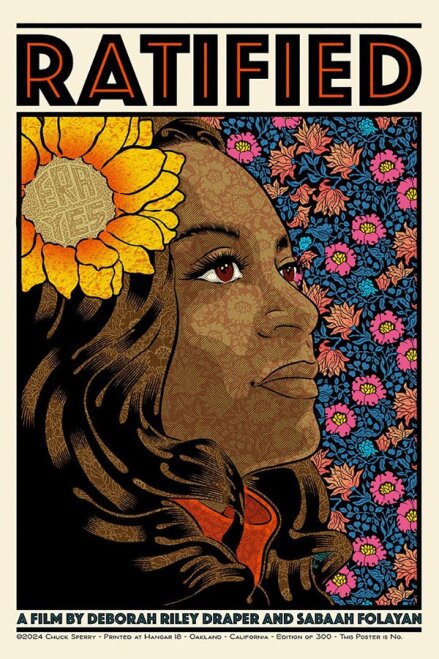“I’m a fool to do your dirty work.”
Those lyrics from the 1972 Steely Dan song “Dirty Work” open up “American Hustle,” one of this year’s Oscar-nominated films. They aptly set the stage for a film in which the characters are pulling off con jobs, and, more importantly, trying to keep from being victims of con jobs.
This year’s Academy Awards ceremony is on March 2. As in many other years, the nominated films tell us something about where we’re at as a society. While the motif of swindling is very obvious in “American Hustle,” if you take a closer look at many of the other films nominated for Best Picture this year, you can see the theme of being taken in by a hustle running throughout.
The characters in “Dallas Buyers Club” battle manipulative information from the government and pharmaceutical companies. The characters in “Philomena” and “12 Years a Slave” have their lives tragically altered because of institutional hustles. The story in Nebraska is set in motion by a common American advertising hustle.
Perhaps the most glaring example of people being taken in by a hustle is in “The Wolf of Wall Street.” The con in that film is being perpetrated on most of the American public.
The characters in the film make a concerted effort to mislead the very clients who provide them with the ridiculous wealth that funds their profligate lifestyles. Many scenes involve the characters talking directly to the camera about how they take our money and then laughing about it. There is a little bit of a reckoning for the characters, but the cycle of people getting rich off swindling others continues on its merry way.
Your Madison College education will provide you with the knowledge and skills you need to get a well-paying job. Beyond that, Madison College can also help educate you on making better decisions so that you hang on to those earnings.
Madison College Libraries offers a wealth of material on financial literacy. A search on the subject term “personal finance” retrieves more than 200 books, videos and web sites with information on how to better handle and keep more of the money you earn.
A search on the subject term “swindling” retrieves lots of useful resources on how to deal with scams. Check out books like “The Big Short” (330.973 L675) or “Pump and Dump: The Rancid Rules of the New Economy” (364.168 T577) to get more of a sense of how swindlers operate. You can also read or view biographies of famous swindlers like Charles Ponzi or Bernie Madoff (e.g. “Chasing Madoff” 364.163092 C487 DVD).
Closely related to financial literacy is information literacy, and Madison College Libraries makes a major effort to help in that area. Whether through library instruction sessions, individual help from reference librarians or the wealth of library materials on our shelves, we can equip you with the skills to make better decisions about information presented to you.
For example, a book that helps navigate the treacherous waters of information on the web and social media is “Web of Deceit: Misinformation and Manipulation in the Age of Social Media” (364.163 W364). A major goal of the book is to illustrate how scam artists have become skilled in Facebook, Twitter and other social media tools to manipulate people out of information and money.
The libraries also provide a series of short self-paced interactive videos called “HOWLER” covering all aspects of information literacy. Regardless of whether or not you are required to view them for a class, they are well worth viewing for the valuable life skills they teach.
Madison College will help you find rewarding work. And if you invest a little time in acquiring information and financial literacy skills, you can make sure you’re not doing anyone’s dirty work.

























